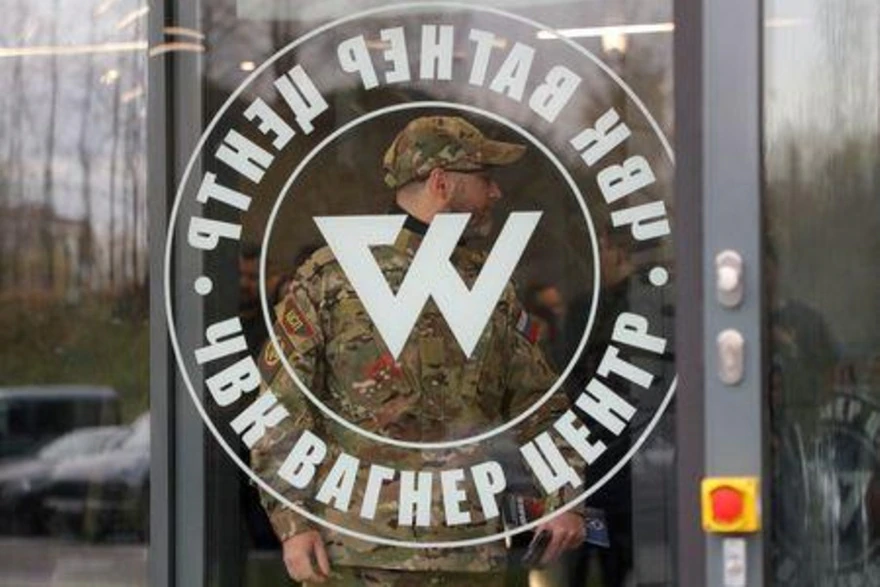
WASHINGTON (Reuters) – The U.S. on Thursday said Russian mercenary force Wagner Group may be working through Mali and other countries to hide its efforts to acquire military equipment for use in Ukraine, and accused it of supplying a Sudanese paramilitary with surface-to-air missiles.
The U.S. Treasury Department said in a statement it imposed sanctions on Wagner’s chief in Mali as it said the group’s employees may have been attempting to work through the west African country to acquire equipment such as mines, drones, radar and counterbattery systems for use in Ukraine.
The U.S. has repeatedly warned of what it says are Wagner’s destabilizing activities and has ramped up sanctions against the private army following Russia’s invasion of Ukraine last year. Wagner mercenaries have fought alongside regular Russian troops in Ukraine, including in some of the most intense battles.
On Monday, State Department spokesperson Matthew Miller warned that Wagner was seeking to transit military equipment through Mali. Maria Zakharova, spokeswoman for Russia’s foreign ministry, on Wednesday dismissed the U.S. allegations as a “hoax.”
“Treasury’s sanctions against the most senior Wagner Group representative in Mali identify and disrupt a key operative supporting the group’s global activities,” the Treasury’s Under Secretary for Terrorism and Financial Intelligence Brian Nelson said in the statement.
“The Wagner Group’s presence on the African continent is a destabilizing force for any country that allows for the deployment of the group’s resources into their sovereign territory.”
The Treasury accused Wagner of supplying Sudan’s Rapid Support Forces (RSF) with surface-to-air missiles, which could give the paramilitary group a boost in the fighting against the Sudanese army, which is heavily reliant on air strikes to target the RSF.
Fighting between the two parties that broke out last month has worsened a humanitarian crisis, forced more than 1.3 million people to flee and threatened to destabilize a fragile region.
The head of the RSF, Mohamed Hamdan Dagalo, also known as Hemedti, has cultivated ties with Russia. Western diplomats in Khartoum said in 2022 that Wagner was involved in illicit gold mining in Sudan and was spreading disinformation.
Hemedti has previously said he advised Sudan to cut ties to Wagner after the U.S. imposed sanctions on the private military contractor. Wagner said on April 19 that it was no longer operating in Sudan.
HEAD OF WAGNER GROUP IN MALI
The Treasury slapped sanctions on Ivan Aleksandrovich Maslov, who it described as the head of Wagner paramilitary units and its principal administrator based in Mali, accusing him of working in close coordination with Malian government officials to execute the group’s deployment in Mali.
Maslov also arranges meetings between Yevgeny Prigozhin, the founder of the Wagner Group, and government officials from several African nations, the Treasury said.
Thursday’s action freezes any of Maslov’s U.S. assets and generally bars Americans from dealing with him.
Mali’s government did not immediately respond to requests for comment.
Western countries have raised concerns over Wagner’s activities in Mali since late 2021. The West African country, whose leaders seized power in a 2021 coup, and Russia have previously maintained that Russian forces there are not mercenaries but trainers helping local troops with equipment bought from Russia.




